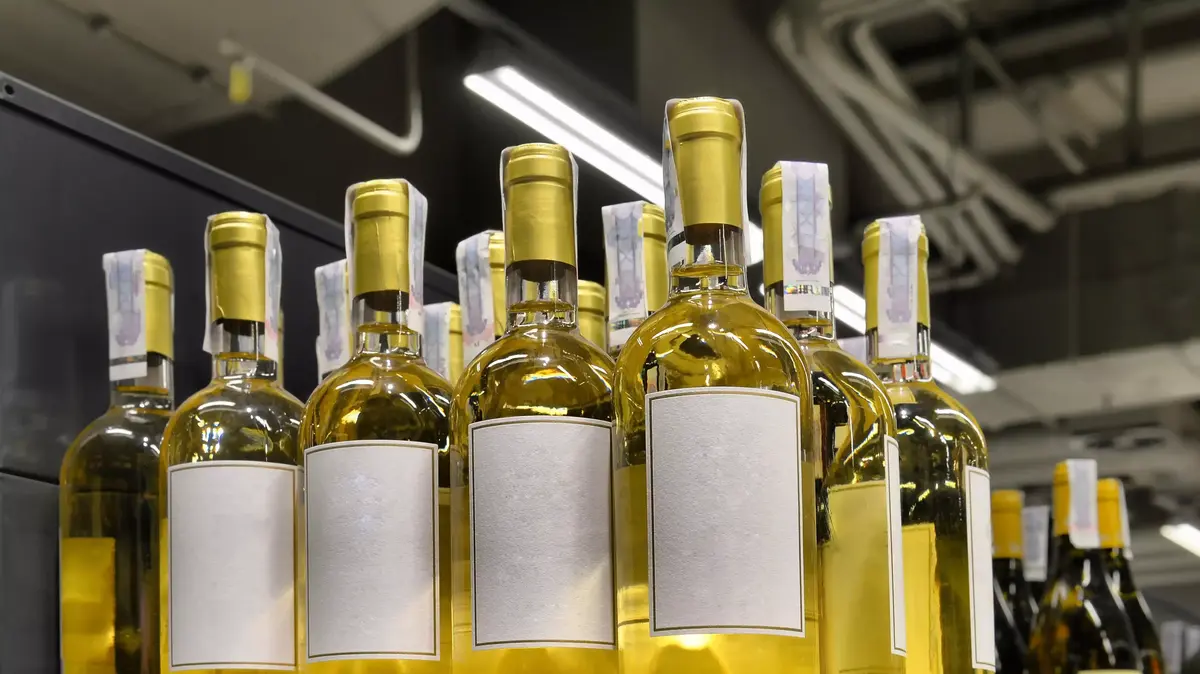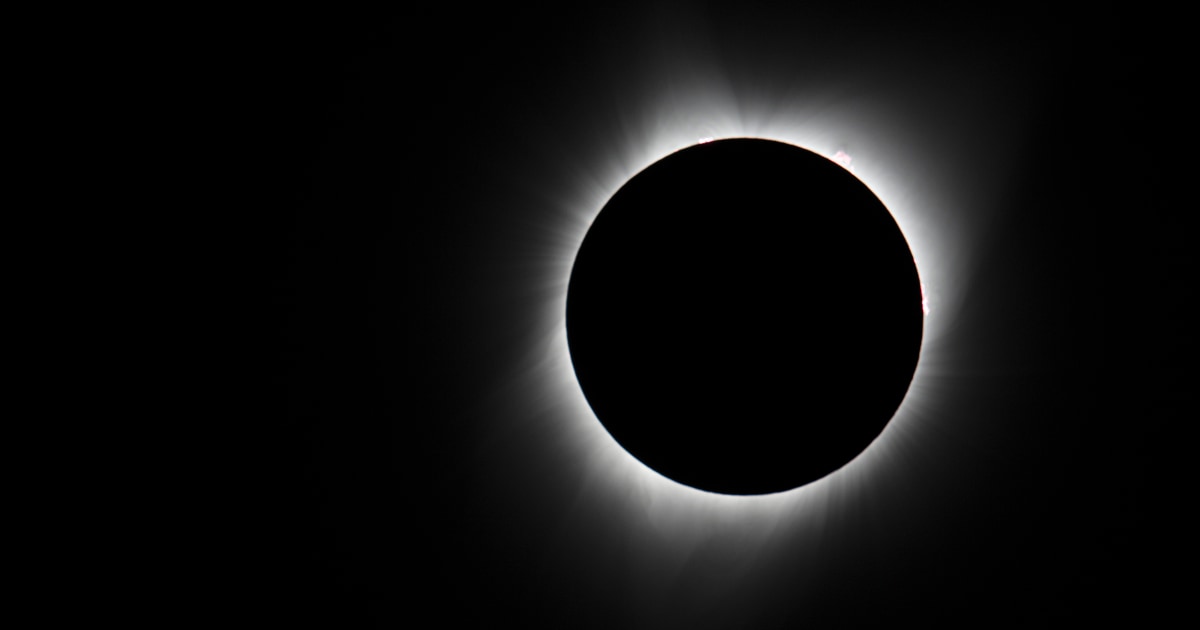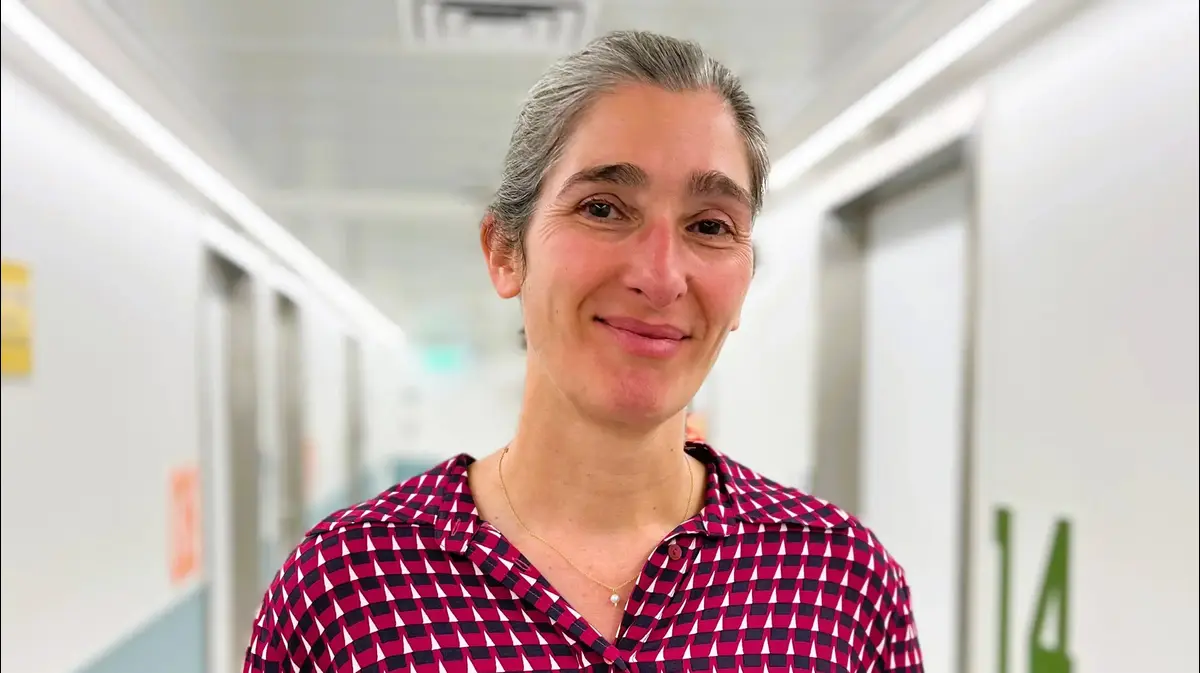Enlarge image
Keep your distance: the pandemic is not over - what does it mean for society?
Photo: Marcel / Stocksy United
When grandchildren 2 sneezes, an elderly lady turns around and drives at my daughter: “Does it really have to be here with the children?
If the baby is sick, it should stay at home! "
"How should I do that?" Asks my daughter.
I understand the question, but I would add: Why should it?
It has been standard for children to run around with snotty noses in the cold season since Homo heidelbergensis froze their bums off in cold Germany. This year it's even hell, says my daughter, you can hear it everywhere: Children - and especially toddlers - would be very often and severely ill this year. Sure, they lack a year and a half of training for their immune system, they don't get any vaccinations, but they should interact happily without a mask.
Her two boys, grandson 1 (E1) and grandson 2 (E2), 25 and five months old, have not been completely healthy since the beginning of September. At the end of August, E1 visited a daycare center for the first time, and the post has been going off since then: we keep infecting each other non-stop. Mom, Dad, Grandma, Grandpa and both grandchildren are always somehow dripping, groaning, coughing. Like me, right now, and have been for weeks. I'm watery-nosed and short of breath, I rattle and cough, but every test (including PCR) is negative. What else can you do other than just carry on, as we all did in the past, when you were reasonably fit and not totally frail?
It's hard to imagine what's causing this today.
We live in times of panic.
Today you are either completely ill, in the worst case life-threatening, or not at all.
"Illness" is no longer acceptable and leads to immediate exclusion from human society.
"Don't cough now!" My wife hissed at me as we walk into a department store for Christmas shopping: "Have another eucalyptus candy."
Oh yes, great.
For the past three months I've been dragging a cloud of scented eucalyptus and Japanese medicinal plant oil behind me, and that already makes me suspicious.
But if I get a cough or sneeze, I immediately see heads jerking and twitching, probing the surroundings.
Who was that, where is he?
Where is THE SICK hiding?
Behind my FFP2 mask, I try to look as indifferent as possible (and hold my breath, suppress the urge to cough, etc.). I feel like a person trying not to attract attention among zombies (or vice versa?). We have all seen enough film dystopias to know how that ends when it fails: We are eaten. Or beheaded. At least.
No matter how cynical people gossip about "excessive measures", about "Covid madness" and "deprivation of liberty": One sneeze is enough to wake up the block warden, the capo, the informer, the vigilante, zombie hunter, the lynch mob.
That there may be diseases besides Covid seems to have been forgotten.
Every scratchy voice is suspicious, every cough is frightening.
And of course every baby with a snotty nose: an unreasonable expectation to bring such a disease carrier into the public.
Leave at home, lock up, isolate!
Spring will come in May at the latest, then it can go out again!
More midlife columns
Homophobic Assault: Why I Filed a Complaint against UnknownA midlife column by Juno Vai
Having and not having in old age: My life under the hammerA midlife column by Marc Pitzke, US correspondent
Memories: 30 years of professional life in two cardboard boxesA midlife column by Christina Pohl
Uneventful Time: Do the Years Really Go Faster and Faster? A midlife column by Frank Patalong
Joking aside, the worst part is that I feel no different.
When I face a runny nose with red-rimmed eyes, I keep my distance internally and externally.
A step back.
Better safe than sorry.
I book this under Covid-19 side effects on culture and everyday life. Those of us who do not study virology at the adult education center called Facebook have now understood that Covid will probably stay with us until at least March - March 2029, of course. Inevitably, this means that we will have to adapt our behavior. That's okay when it comes to replacing a strong handshake with a "give your fist" or "elbow-to-elbow": You get used to everything, at some point even that no longer looks artificial, strange or stupid. But normal.
What must not become normal, however, is that we allow fear to determine our togetherness.
We will have to develop communicative signals of reassurance.
Ways of being able to communicate to our environment, for example in the case of behavior that is “suspicious of illness”: “Yes, there is sickness here.
But everything is fine, test negative. "
How about this, for example: You hold your right hand in front of your body and form an "O", then open your index and middle fingers and point forward (from your own perspective, the hand forms a Ypsilon, so to speak: see video).
O, then Ypsilon.
If you do it quickly and fluently, it's a short gesture in sign language: "Okay!" She says.
For deaf people who sign quickly, it almost looks like a snap of the finger: it then becomes a flowing, cool gesture.
Would be done quickly.
And it would have the potential to become a reflex: I was irritating?
But everything is okay!
Since March 2020 we have been paying more and more attention to paying attention to signs of danger.
It leads more and more to the fact that we perceive things as threatening, which should be a natural part of our life (like childish snotty noses).
Our medical professionals are pretty good at developing treatments and vaccinations for the new disease.
But that alone is not enough to normalize our lives.
What we lack are signs of the all-clear in our daily interaction to counteract this constant stress.
I think it is high time to look for such a gestural vocabulary.
Someone coughs, does someone sneeze?
Everything is okay, he or she makes the sign: This person is ailing, but he does not have Covid.
Good to know.
Keep going.
How else is this supposed to work in the long run?









